When They Don’t Know: Novels with Uninformed Narrators
Some of the most compelling stories feature protagonists who are in the dark—about themselves, their past, or the world around them. These uninformed or naïve main characters offer a powerful lens through which readers uncover hidden truths, often alongside the character’s own emotional or psychological awakening. Whether it’s a child raised in captivity, a butler blind to history, or a clone unaware of her purpose, these narratives draw tension and depth from what the protagonist doesn’t know. As their understanding grows, so too does the reader’s, making for unforgettable stories of discovery, disillusionment, and sometimes, quiet devastation.
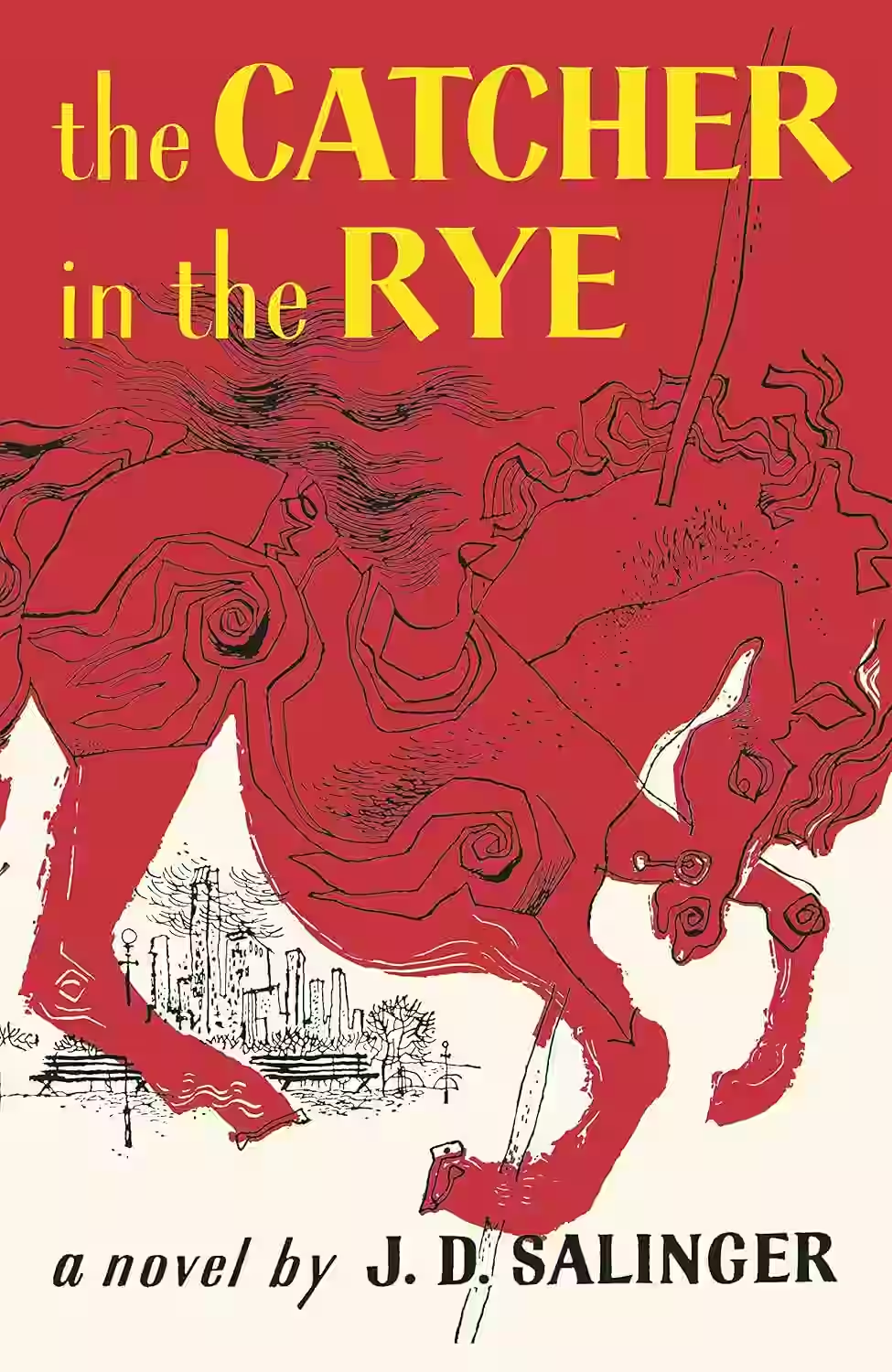
A profound exploration of adolescent alienation follows sixteen-year-old Holden Caulfield through three days in New York City after being expelled from his boarding school. As he encounters various characters and situations, Holden struggles with questions of identity, connection, and the loss of innocence, all while fighting against what he sees as the adult world's "phoniness."

In an English boarding school, students slowly discover they are being raised for a specific and disturbing purpose. As they grow up and fall in love, they must come to terms with their predetermined fate. The novel explores what it means to be human, the ethics of scientific advancement, and the power of love and friendship in the face of mortality.
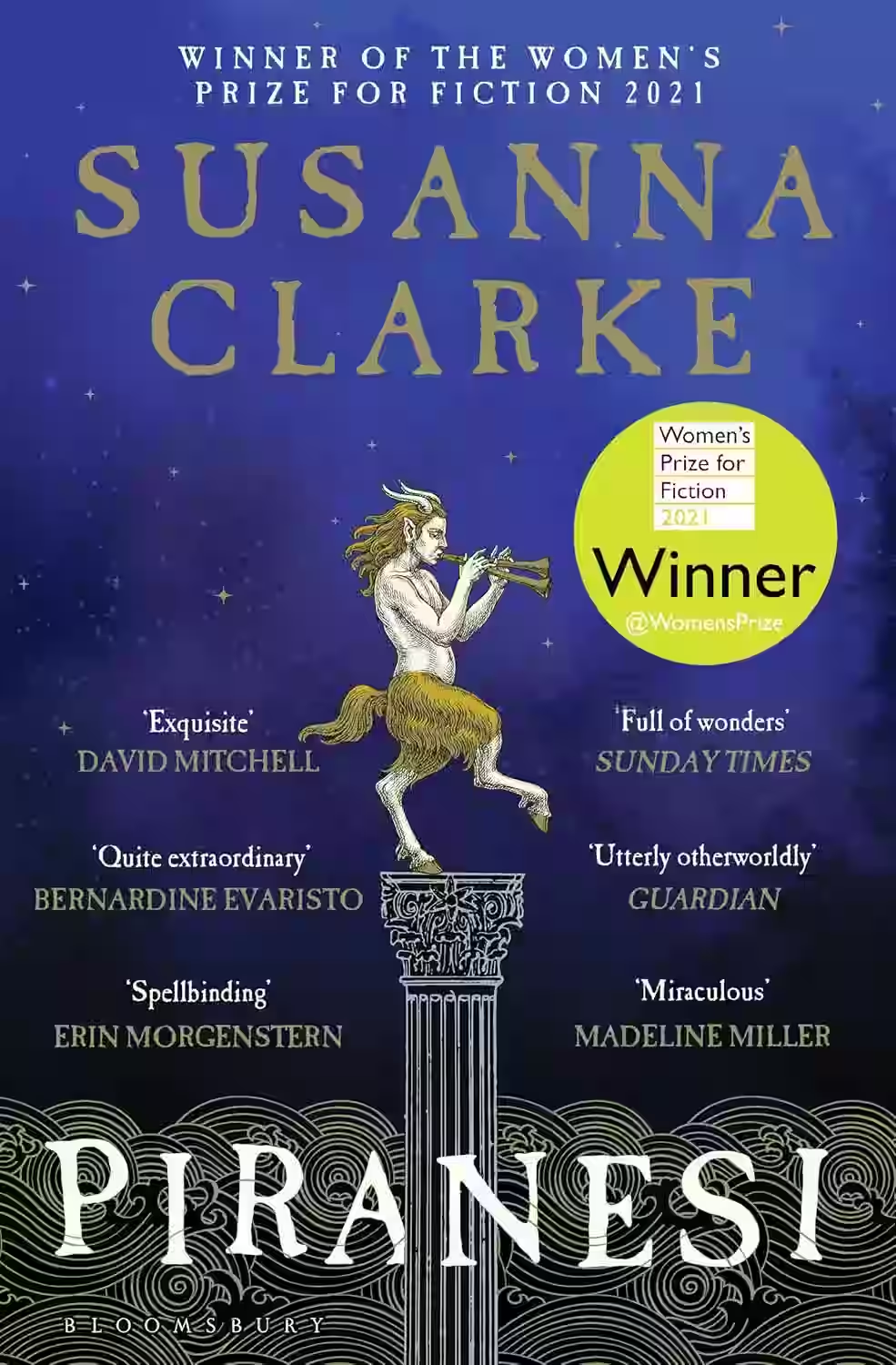
In Piranesi by Susanna Clarke, a man lives in a surreal, labyrinthine house filled with endless halls, statues, and a mysterious ocean. Known only as Piranesi, he catalogs the wonders of his strange world and meets only one other person: the enigmatic "Other." As fragments of forgotten truths emerge, Piranesi begins to question everything he knows. Written in journal entries, the novel is a quiet, meditative mystery exploring identity, solitude, and the nature of knowledge. Both fantastical and deeply human, Piranesi is a beautifully strange tale of wonder and revelation.
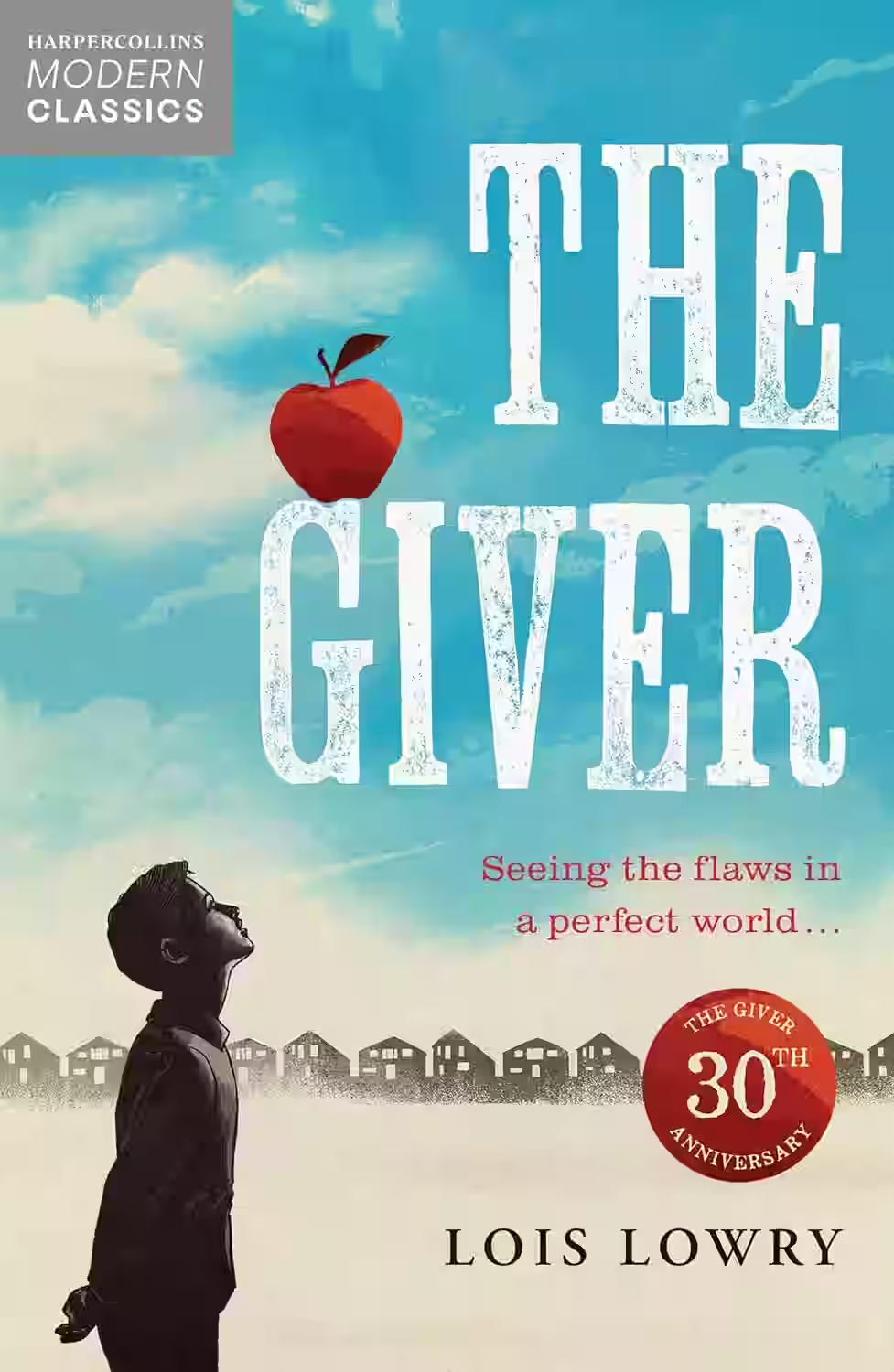
In a seemingly perfect society without pain or emotion, twelve-year-old Jonas is chosen to be the Receiver of Memory—the only person who knows humanity’s past. As he learns about love, loss, and choice from the Giver, Jonas begins to question the cost of harmony and conformity. The Giver is a haunting dystopian novel that challenges the boundaries of control, memory, and individuality, sparking deep philosophical questions for readers of all ages.
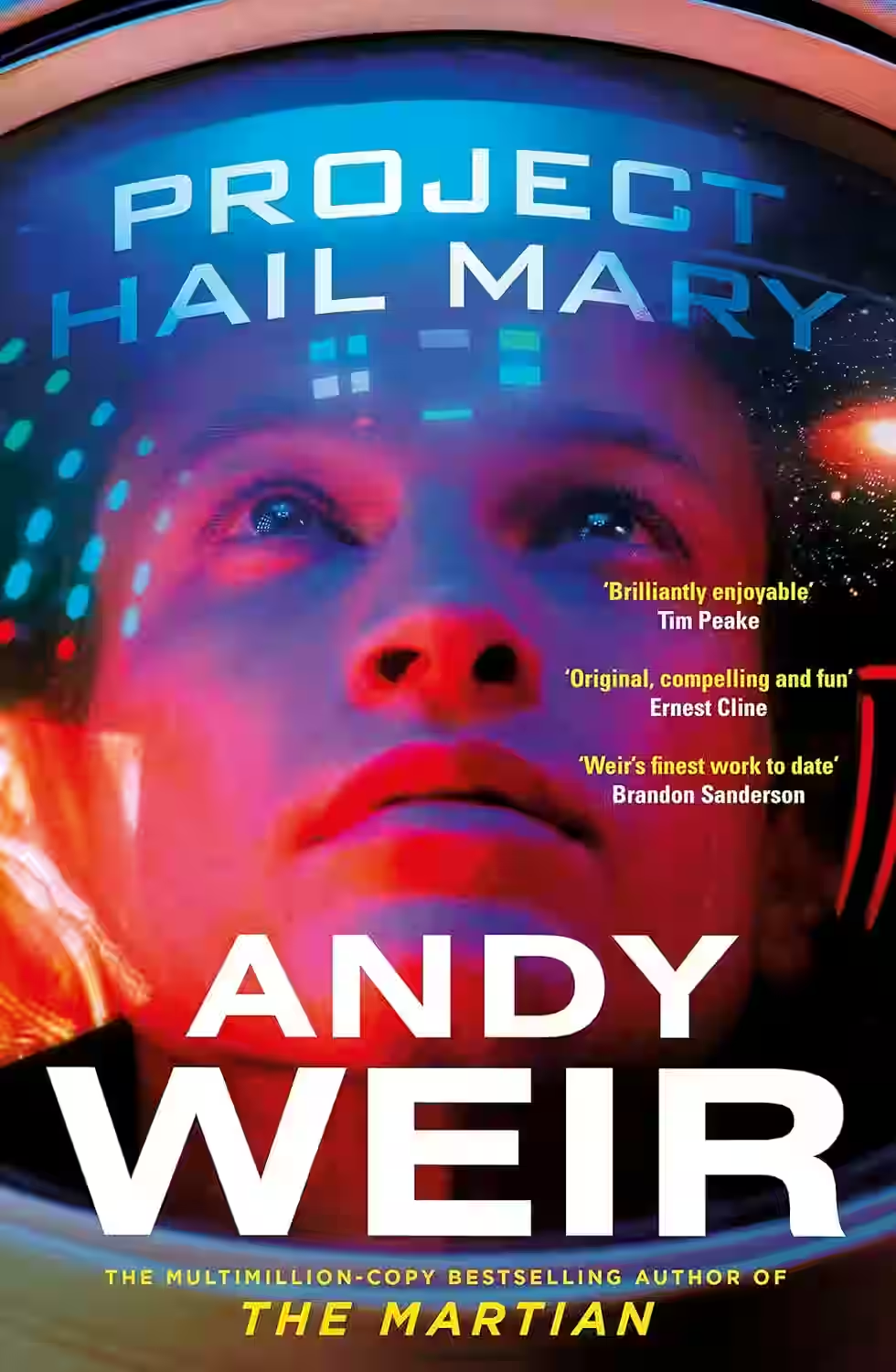
In Project Hail Mary by Andy Weir, Ryland Grace wakes up alone on a spaceship with no memory—and humanity’s fate on his shoulders. As he regains fragments of his past, he realizes he’s on a desperate mission to save Earth from extinction. Along the way, he forms an unexpected and heartwarming alliance with an alien being. Full of clever science, humor, and emotional depth, the novel blends thrilling problem-solving with a powerful message about cooperation across worlds. It’s a fast-paced, feel-good sci-fi story about survival, sacrifice, and the bonds that transcend species.
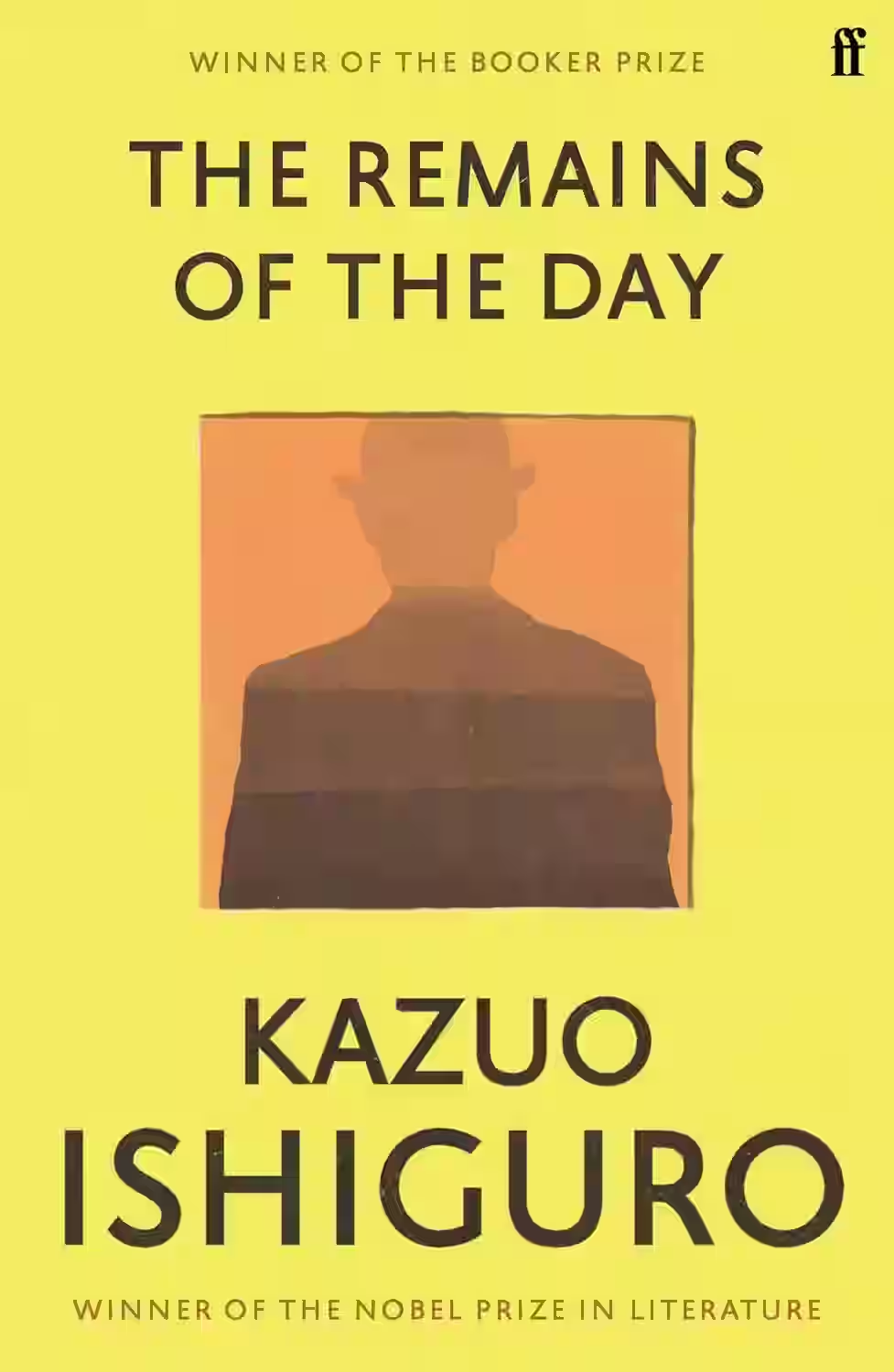
Winner 1989 Booker Prize: A tragic, spiritual portrait of a perfect English butler and his reaction to his fading insular world in post-war England. From the Nobel Prize-winning author of Never Let Me Go. In the summer of 1956, Stevens, the ageing butler of Darlington Hall, embarks on a leisurely holiday that will take him deep into the countryside and into his past . A contemporary classic, The Remains of the Day is Kazuo Ishiguro's beautiful and haunting evocation of life between the wars in a Great English House, of lost causes and lost love.
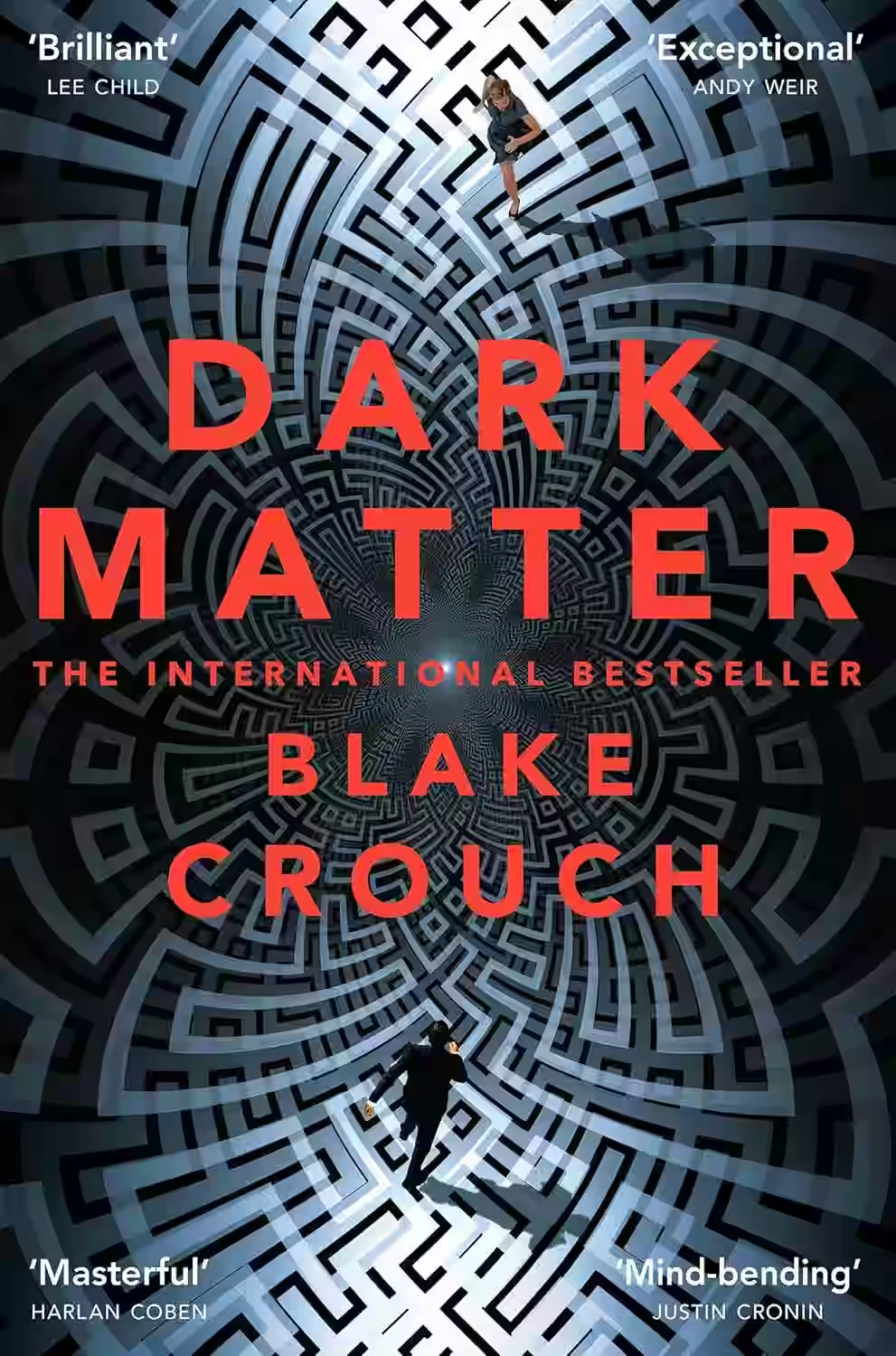
Blake Crouch's 'Dark Matter' is a gripping science fiction thriller that delves into the complexities of identity, choices, and the multiverse theory. The story follows Jason Dessen, a physics professor whose reality is shattered when he is abducted and finds himself in a world where his life has taken a drastically different path. As he navigates through parallel universes in search of his true self and family, the narrative explores the consequences of decisions and the haunting question of 'what if?'. Filled with mind-bending twists, intense action, and profound reflections on existence, 'Dark Matter' is a rollercoaster ride that will leave readers questioning their own perceptions of reality.

In 'A Short Stay in Hell' by Steven L. Peck, the protagonist Soren Johansson finds himself in a vast library after his death, where he discovers that his version of the afterlife involves an eternity of reading every book ever written in a search for the one that contains the story of his own life. As Soren grapples with the incomprehensible scale of the library and the philosophical implications of his new reality, the book delves into profound themes of existence, free will, and the nature of consciousness. Peck's exploration of the limits of human knowledge and the vastness of the universe will challenge readers' perspectives on life and death.
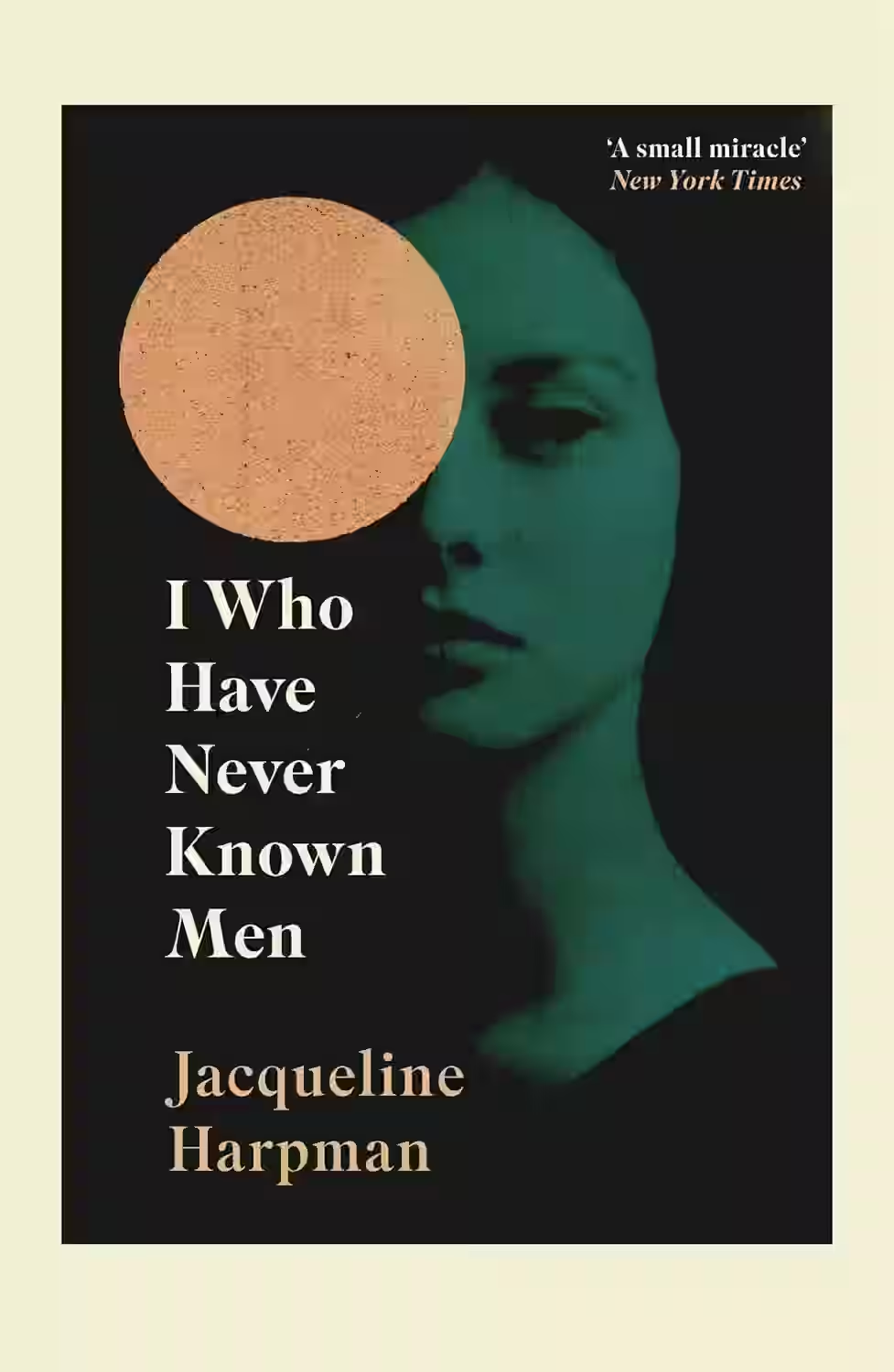
In Jacqueline Harpman's 'I Who Have Never Known Men,' we delve into a thought-provoking narrative following a group of women imprisoned in an underground bunker. The protagonist, a young woman named L, navigates the complexities of survival, freedom, and identity as she encounters the first man they have ever seen. The novel intricately weaves themes of power dynamics, autonomy, and societal constructs as the women explore their newfound reality. Harpman's writing is hauntingly beautiful, drawing readers into a world that challenges perceptions and questions the essence of humanity. 'I Who Have Never Known Men' is a compelling and introspective read that lingers in the mind long after the last page.
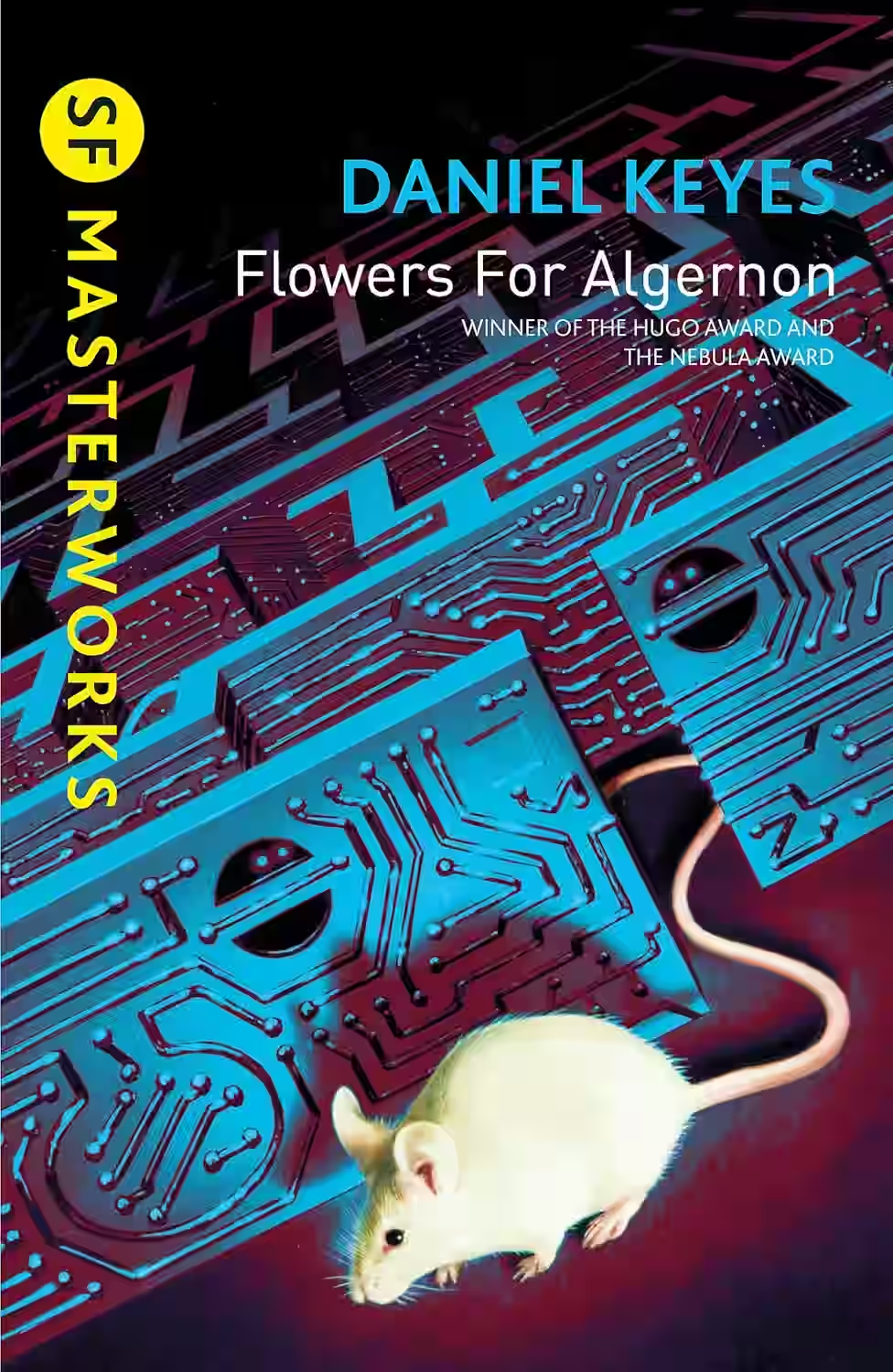
In Daniel Keyes' poignant novel 'Flowers for Algernon,' we journey alongside Charlie Gordon, a mentally disabled man whose life changes dramatically when he becomes the subject of an experimental surgery that enhances his intelligence. As Charlie's intellect grows, he grapples with his evolving relationships, deep existential questions, and the emotional complexities of his newfound self-awareness. The narrative powerfully examines themes of intelligence, humanity, loneliness, and the essence of being. Through Charlie's moving and introspective journey, Keyes explores the fragile nature of identity and the inherent human desire for connection and understanding.

In Emma Donoghue's novel "Room," readers are immersed in the harrowing yet ultimately uplifting story of a young boy named Jack and his Ma, who are trapped in a small room by a man they call Old Nick. The narrative unfolds through Jack's innocent and imaginative eyes, providing a unique perspective on resilience, survival, and the enduring bond between a mother and child. Donoghue skillfully explores themes of confinement, freedom, and the complexities of the human spirit in this gripping and emotionally powerful tale. As the narrative unfolds, readers are taken on a journey that is both heart-wrenching and heartwarming, leaving a lasting impact long after the final page.
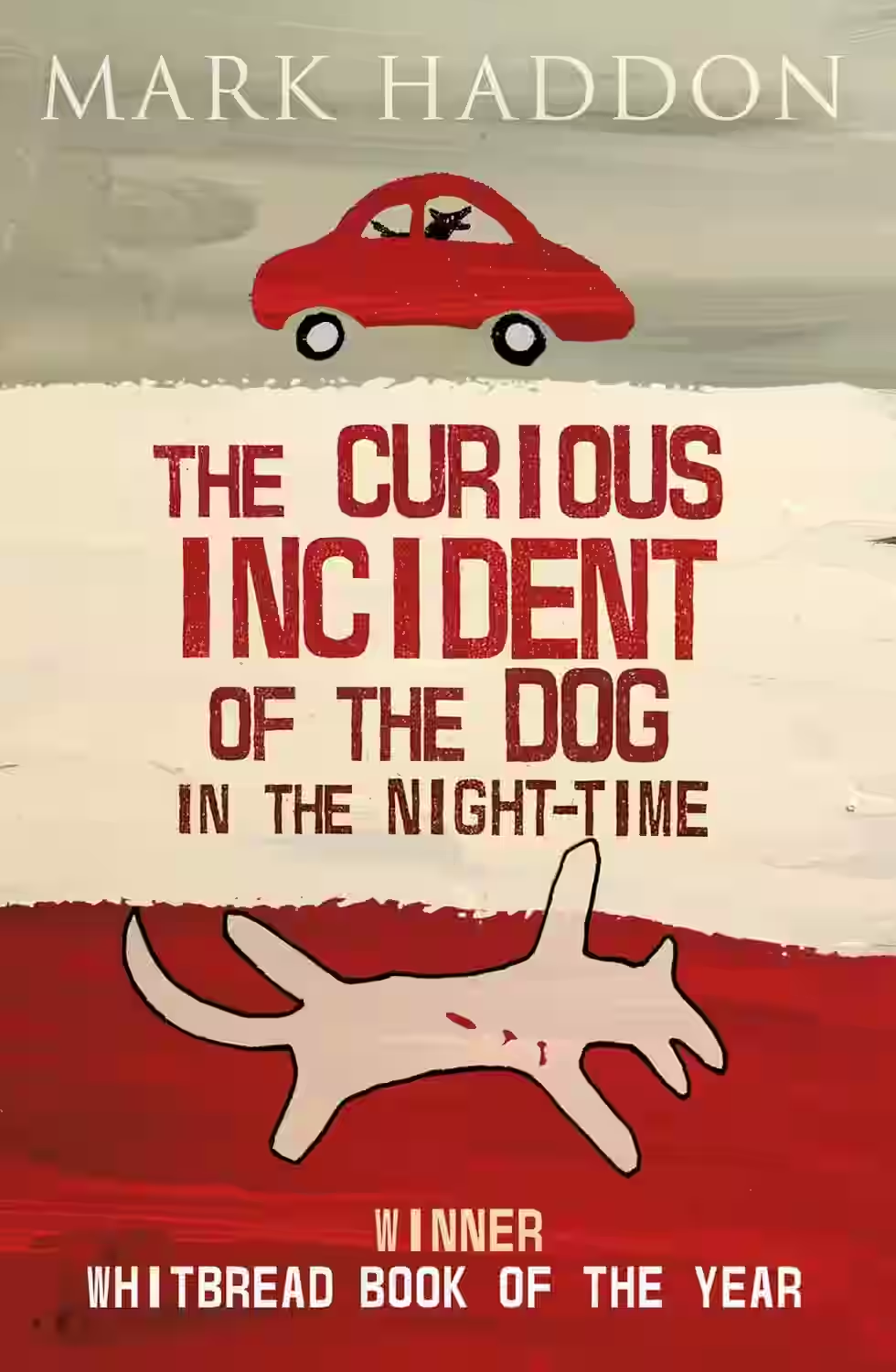
Mark Haddon's 'The Curious Incident of the Dog in the Night-Time' is a captivating and unique novel that follows the story of Christopher Boone, a 15-year-old math genius with behavioral difficulties, as he investigates the mysterious death of his neighbor's dog. The book is narrated from Christopher's perspective, providing readers with insight into his extraordinary mind and unconventional way of thinking. Through Christopher's journey, the novel delves into themes of truth, trust, family dynamics, and the challenges of navigating everyday life with autism. Haddon's masterful storytelling and the poignant narrative make this book a compelling and thought-provoking read.
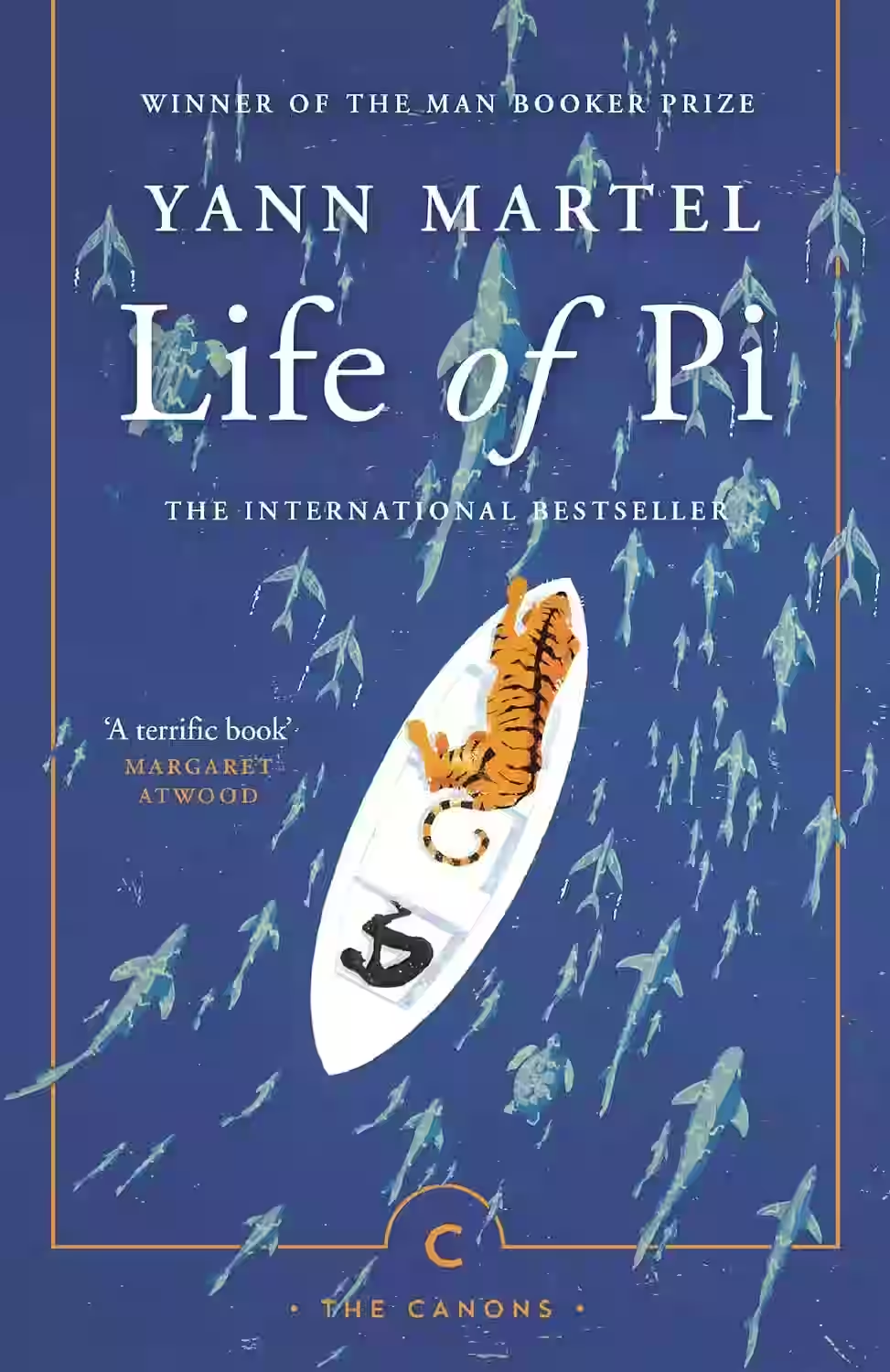
Yann Martel's 'Life of Pi' is a captivating tale of survival and spirituality that follows Pi Patel, a young Indian boy stranded on a lifeboat in the Pacific Ocean with only a Bengal tiger named Richard Parker for company after a shipwreck. Through Pi's incredible journey, the novel delves into themes of faith, resilience, and the power of storytelling. Martel weaves a rich narrative that challenges the boundaries between reality and imagination, leaving readers questioning the depths of human nature and the complexities of belief. 'Life of Pi' is a thought-provoking exploration of the human spirit and the enduring quest for meaning in the face of adversity.

E.M. Forster's 'A Room with a View' is a captivating novel that tells the story of Lucy Honeychurch, a young English woman who embarks on a journey of self-discovery during a trip to Italy. The novel explores themes of love, societal expectations, and the clash between the rigid conventions of the Edwardian era and the individual desires of the characters. Through vivid descriptions of the picturesque Italian landscape and nuanced character interactions, Forster weaves a tale that highlights the importance of following one's true passions and desires. 'A Room with a View' is a timeless classic that continues to resonate with readers for its exploration of personal freedom and societal constraints.
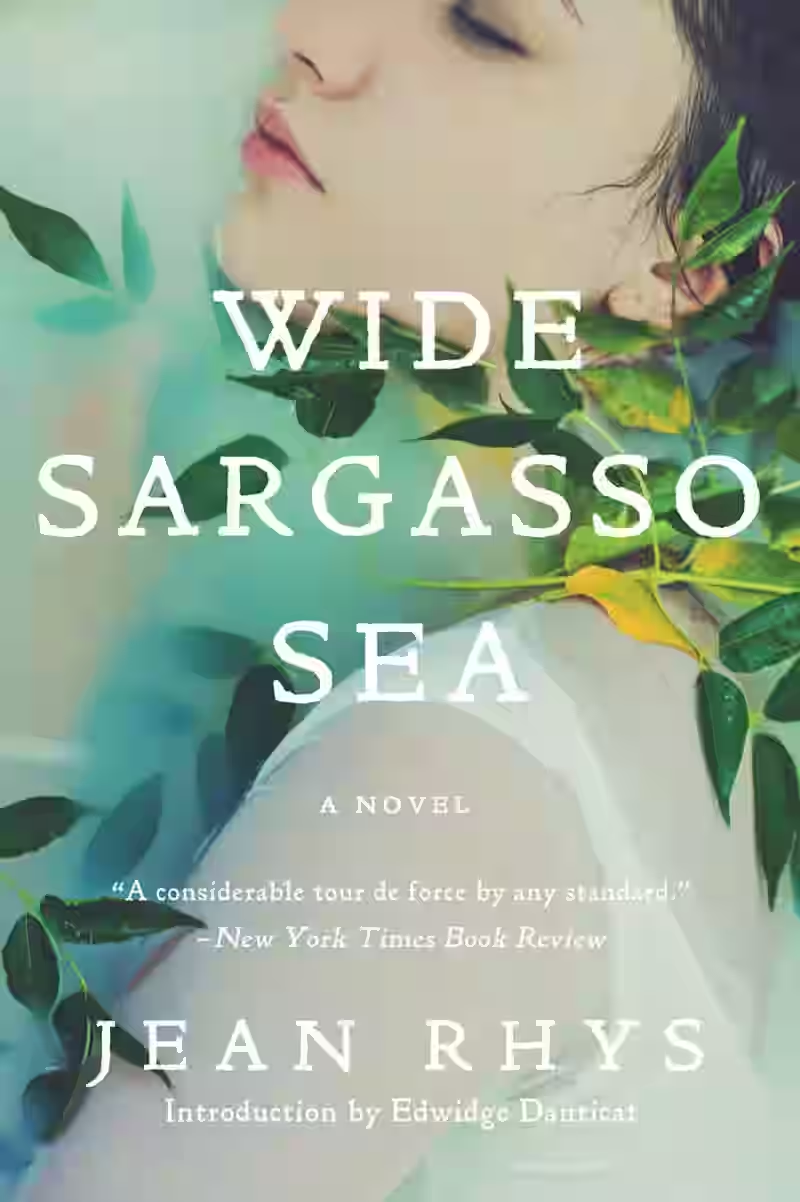
Jean Rhys's 'Wide Sargasso Sea' is a gripping and thought-provoking novel that serves as a prequel to Charlotte Bronte's 'Jane Eyre.' Set in Jamaica, it delves into themes of colonialism, racial identity, and madness through the character of Antoinette Cosway, who is later known as Bertha Mason in 'Jane Eyre.' The story explores Antoinette's struggles with her Creole heritage, oppressive societal norms, and her descent into madness. Rhys masterfully weaves a tale of love, betrayal, and loss, offering a fresh perspective on a classic literary character. 'Wide Sargasso Sea' is a haunting and powerful narrative that challenges traditional narratives and leaves a lasting impact on its readers.